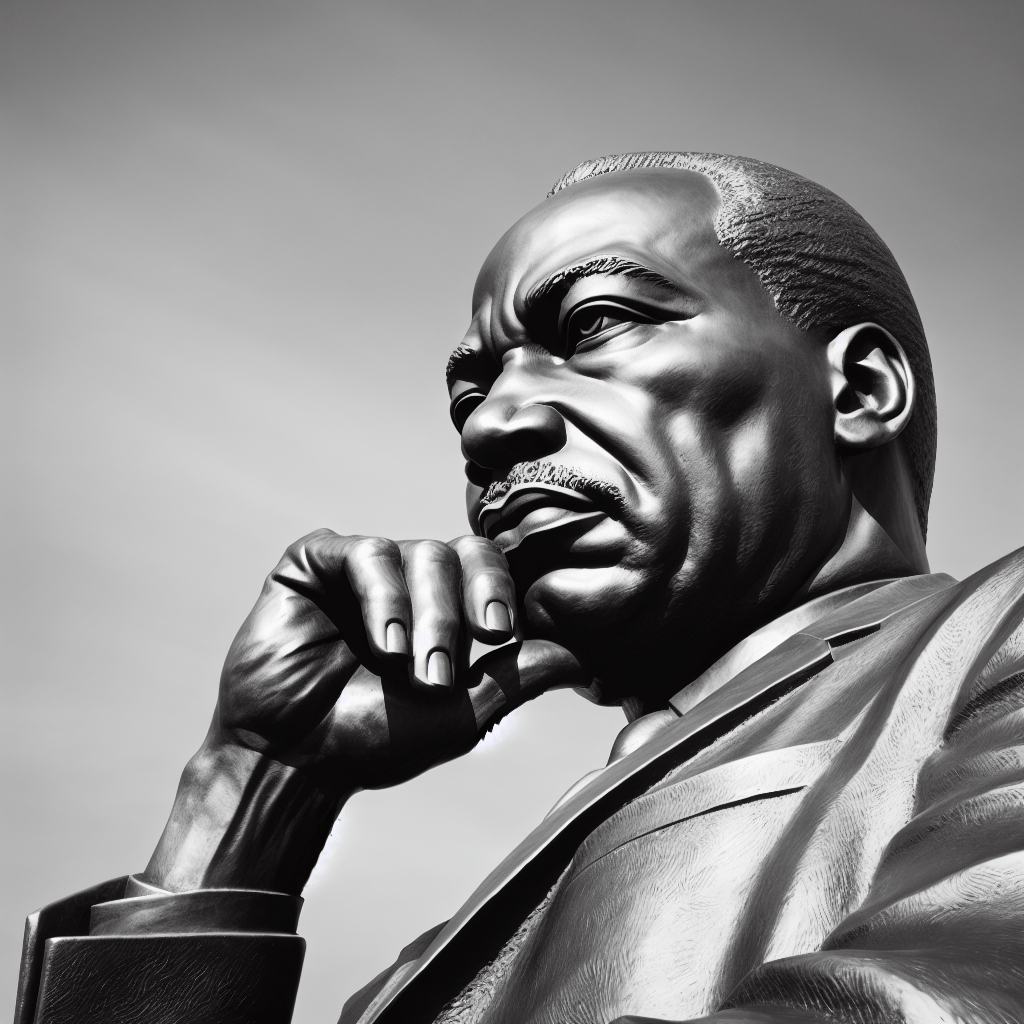Introduction to Martin Luther King Day
Martin Luther King Jr. Day is a federal holiday in the United States recognized every year on the third Monday of January. It celebrates the life and achievements of Martin Luther King Jr., a pivotal figure in the American civil rights movement. The holiday is an important one for numerous reasons, primarily for its commemoration of the struggles, triumphs, and indomitable spirit of a man who fought tirelessly for racial equality in America.
The Man Behind the Holiday: Martin Luther King Jr.
Dr. Martin Luther King Jr. was born on January 15, 1929, in Atlanta, Georgia. He was a Baptist minister and social activist who became a national figurehead for African-American civil rights from the mid-1950s until his assassination in 1968. Using nonviolent protest methods, King led a series of highly influential campaigns, such as the Montgomery Bus Boycott and the March on Washington. It was in these events where King delivered some of his most famous speeches, including his iconic “I Have a Dream” speech, conveying his unwavering dedication to achieving racial equality.
Creation of Martin Luther King Jr. Day
The campaign for a national holiday in King’s honor began shortly after his assassination. The initial efforts were led by labor unions and were later supported by prominent public figures and King’s family members. Despite significant opposition, the bill proposing the holiday was eventually passed in the House of Representatives and the Senate. It became law in 1983 when then-President Ronald Reagan signed the bill. The first official observance of Martin Luther King Jr. Day took place on January 20, 1986.
Celebrating Martin Luther King Jr. Day
On Martin Luther King Jr. Day, Americans across the country commemorate King’s life and achievements in numerous ways. Many schools and businesses close for the day, and communities often organize events such as parades, public readings of King’s speeches, and volunteer service activities in honor of King’s service to his community. The latter is a reflection of the federal legislation signed in 1994, transforming the holiday into a day of service, encouraging Americans to volunteer their time to make a positive difference in their communities.
Controversies and Challenges
Despite its official status, the observance of Martin Luther King Jr. Day was not uniformly adopted across all states until the year 2000. Several states initially resisted recognizing the holiday, often combining it with other holidays or adopting alternative names. Nevertheless, with persistent advocacy and changing societal attitudes, Martin Luther King Jr. Day is now acknowledged across the country, emphasizing and renewing an ongoing dialogue about race, justice, and equality in America.
The Legacy of Martin Luther King Jr.
The legacy of Dr. King extends far beyond a single day of recognition. His life and work have inspired countless individuals worldwide to fight against social injustices. King’s principles of courage, truth, justice, compassion, dignity, humility, and service provide a meaningful legacy that continues to inform contemporary social justice movements.
Notes
Image Description
The image for this article shows a statue of Martin Luther King Jr. against a clear sky. The imposing bronze statue captures King in a moment of profound thought, a reminder of his relentless pursuit of justice and equality.
